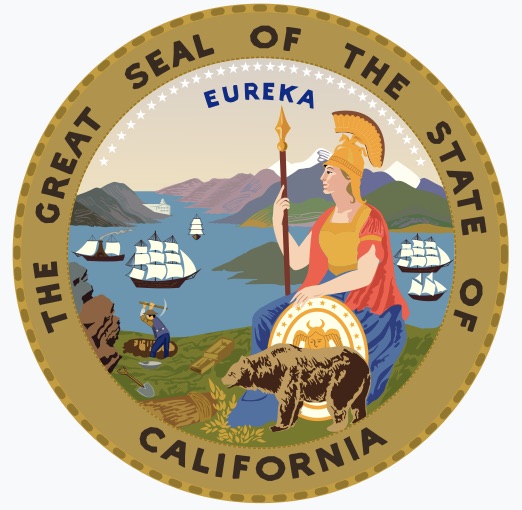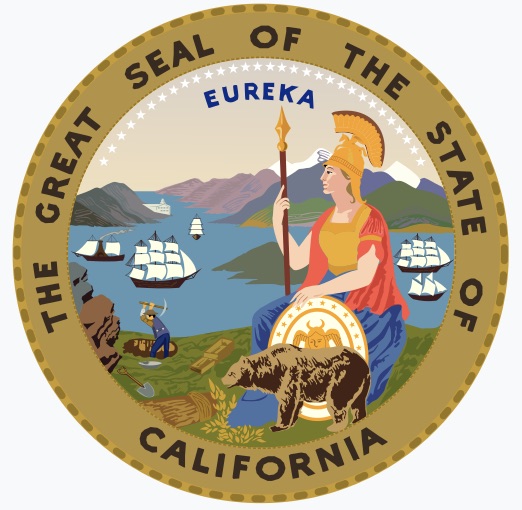|
Getting your Trinity Audio player ready...
|
VIDEO and LEGISLATIVE BILL. Video from the City of Half Moon Bay Legislative Subcommittee meeting on 3/4/2021.
Legislative Counsel Digest for AB 339
Introduced by Assembly Members Lee and Cristina Garcia, January 28th, 2021.
An act to amend Sections 9027, 54953, 54954.2, 54954.3, 11122.5, 11123, 11125.7 of, and to add Sections 9027.1 and 9028.1 to, the Government Code, relating to state and local government.
This bill would require all meetings, including gatherings using teleconference technology, to include an opportunity for all persons to attend via a call-in option or an internet-based service option that provides closed captioning services and requires both a call-in and an internet-based service option to be provided to the public.
The bill would require all meetings to provide the public with an opportunity to comment on proposed legislation, as provided, and requires translation services to be provided for the 10 most-spoken languages, other than English, in California, and would require those persons commenting in a language other than English to have double the amount of time as those giving a comment in English, if time restrictions on public comment are utilized, except as specified.
This bill would require all meetings, as defined, to include an opportunity for all persons to attend via a call-in option or an internet-based service option [like Zoom] that provides closed captioning services and requires both a call-in and an internet-based service option to be provided to the public.
This bill would require legislative bodies of local agencies, and state bodies, as defined, to translate agendas and instructions for accessing the meeting to be translated into all languages for which 5% of the population in the area governed by the local agency, or state body’s jurisdiction, are speakers.
Vote: majority Appropriation: no Fiscal Committee: yes Local Program: yes
The Full Legislative Text and Draft
City Council of Half Moon Bay Meets ~ 1st and 3rd Tuesdays at 7:00pm

HMB City Council Agendas and Zoom Links
HMB City Calendar
The New Now ~ Virtual Remote Public Agency Meetings
- streamed live on Comcast Channel 27 and Pacific Coast TV website
- the City’s website online (via Granicus)
- and on Facebook Live
- one in English (City of Half Moon Bay FB Page)
- one in Spanish (City of Half Moon Bay Recreation FB Page)
- Recorded by Pacific Coast TV (PCTV)
Members or the public are welcome to submit comments (in accordance with the three-minute per speaker limit) via email
 ing – (650) 477-4963 (English) and (650) 445-3090 (Spanish).
ing – (650) 477-4963 (English) and (650) 445-3090 (Spanish).HMB City Council Agendas and Zoom Links
HMB City Calendar
Leave messages with the Clerk’s Department at 650-726-8250
-
-
Debbie Ruddock
Vice MayorPhone: 650-726 -
Joaquin Jimenez
Council MemberPhone: 650-726-8250 (leave message with Clerk’s office)
-
The City Council of Half Moon Bay
Half Moon Bay City Council Subcommittees
- CSFA Grant Selection
- Education
- Emergency Preparedness
- Finance
- Human Resources
- Legislative Affairs
- Mobility








Correction to my previous comment. The limit would be areas with more than *250,000* people, not 25,000. That change is not yet part of the bill, but has been discussed in committee and will very likely be made. The bill also has some other wording that I think is not a good thing. It allows government bodies to require registration to comment, and that registration can require a name and phone number (some local bodies already require a name). The Brown Act as it stands without the changes in AB 339 requires that public comment be able to made anonymously, and the change in AB 339 would remove that.